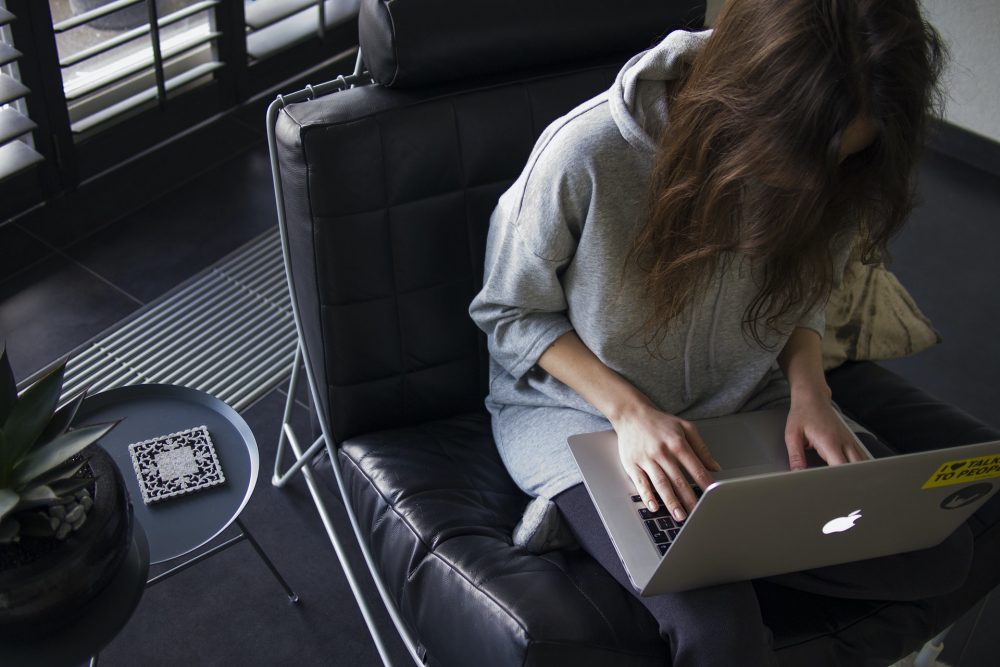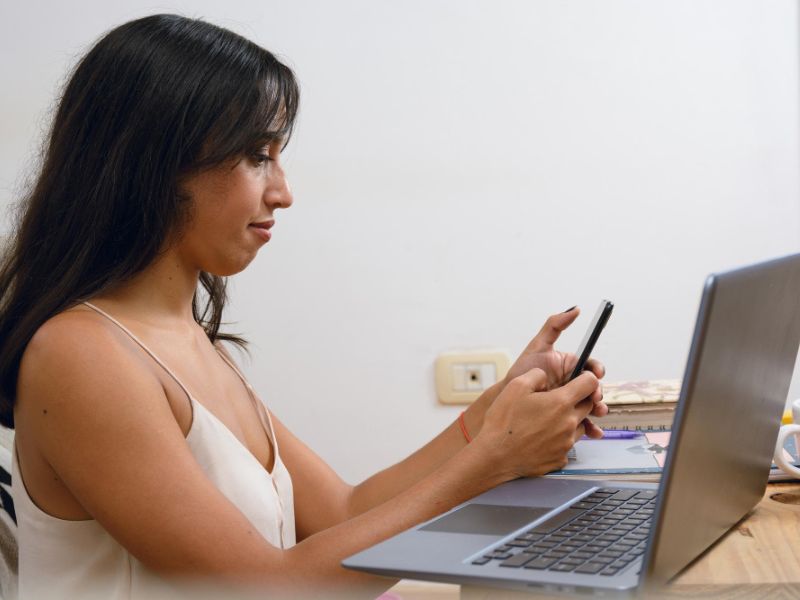
Article provided by Hollye Kirkcaldy
We’ve heard a lot about flexible working and its success stories over the last few months – unsurprising really as employers quickly realised that working from home doesn’t actually stop things getting done.
Permanent working from home does appear to be the very epitome of flexibility, certainly at the moment. According to a government definition, flexible working is all about a way of working that suits the employee needs. Pre-Covid, this was perhaps a shift in start/finish times or the option to work from home one day per week. It is something that many employers offered as an attractive perk but rarely a right, and it didn’t change the basic requirement to be in the office the vast majority of the time.
But now the pandemic has changed everything. We’re all working from home and for many, it’s been a revelation. Boris Johnson is pushing for workers to return to the office in an attempt to resurrect the economy, but he’s facing an uphill battle. Just this week, RBS announced that it has told its 50,000-strong workforce to work from home if they want until next year, following in the footsteps of global behemoths like Twitter.
But if we are essentially doing the same 9am – 5.30pm at home that we were doing in the office, does working from home really suit employee needs in the way that flexible working should suggest? If it gives working mothers the same headaches around childcare, or fitting in the school run come September, it is true flexibility? It seems to me that working from home offers up little new benefits of any real value, and instead results in an environment of virtual presenteeism – you may have swapped your office desk for your dining room table, but you’re still expected to work in exactly the same way and monitored accordingly.
The problem is that the way employers measure employee productivity hasn’t changed with the change of scenery. Most companies are just not set up culturally to foster the system of trust that’s needed as the foundation of true remote working. You only need to see the headlines about employers monitoring the online activity of their remote teams to ensure they are being productive and read in the BBC about the surge in demand in the US for software that tracks keystrokes and traces website visits. Truly terrifying.
So, while working for home gives most of us the opportunity to wear tracksuit bottoms and cut down on the commute (genuine advantages, let’s be honest), for parents like myself, balancing work and home life is still the same constant juggling act. Except now the lines are blurred with no real distinction between the two as we’re home-based all the time thanks to Covid. This lack of real flexibility is the very issue which prevents many brilliant women from returning to work after having children. The challenges of scheduling meetings around the school run or project deadlines around an ill child banished from nursery – it’s no wonder many choose to opt out of work, but it comes to the detriment of us all. The workplace was already becoming a poorer place in the absence of these talented parents pre-Covid, and it’s been exacerbated by the pandemic with new complications around the loss of childcare or the inability to rely on family support. Instead of attempting to return to what we had before, we need to use this opportunity, this ‘new normal’, to reinvent the workplace and put true flexibility at the heart of every job.
But if working from home isn’t true flexibility, then what is? I would argue that it is a way of working which is entirely based on output not location or schedule; a situation where employers ask the question ‘Have my employees delivered what I asked of them’, not ‘Where are they’ or ‘When are they working’? The responsibility should be placed on the employee to perform their job at a time and place that works for them and enables them to be at their most productive. For some, ironically, that may well be in the office working conventional hours where distractions are minimal. For others, that’s in the gym cafeteria after a HIIT class or in the evenings after the children are in bed. The benefits to mental well-being would be enormous. As long as the job gets done properly, does it really matter when and where you do it?
Yes, it’s undoubtedly true that there will be people who game this system and whose output falls off a cliff when nobody’s watching them, but we can’t hold back positive change on account of the few. If clear expectations around output are set and agreed in advance and everyone keeps in touch, a grown-up culture of trust, not productivity tracking and micro-managing, will make this work for the many, and working parents will be the first to benefit.
 About the author
About the author
Hollye Kirkcaldy is a freelance journalist with more than a decade of experience working in PR and marketing. She is a Director of Sparro House, a remote-working creative agency that specialises in brand, design, digital and content development.
WeAreTheCity covers the latest female centric news stories from around the world, focusing on women in business, careers and current affairs. You can find all the latest gender news here.
Don’t forget, you can also follow us via our social media channels for the latest up-to-date gender news. Click to follow us on Twitter, Facebook, Instagram, and YouTube.








